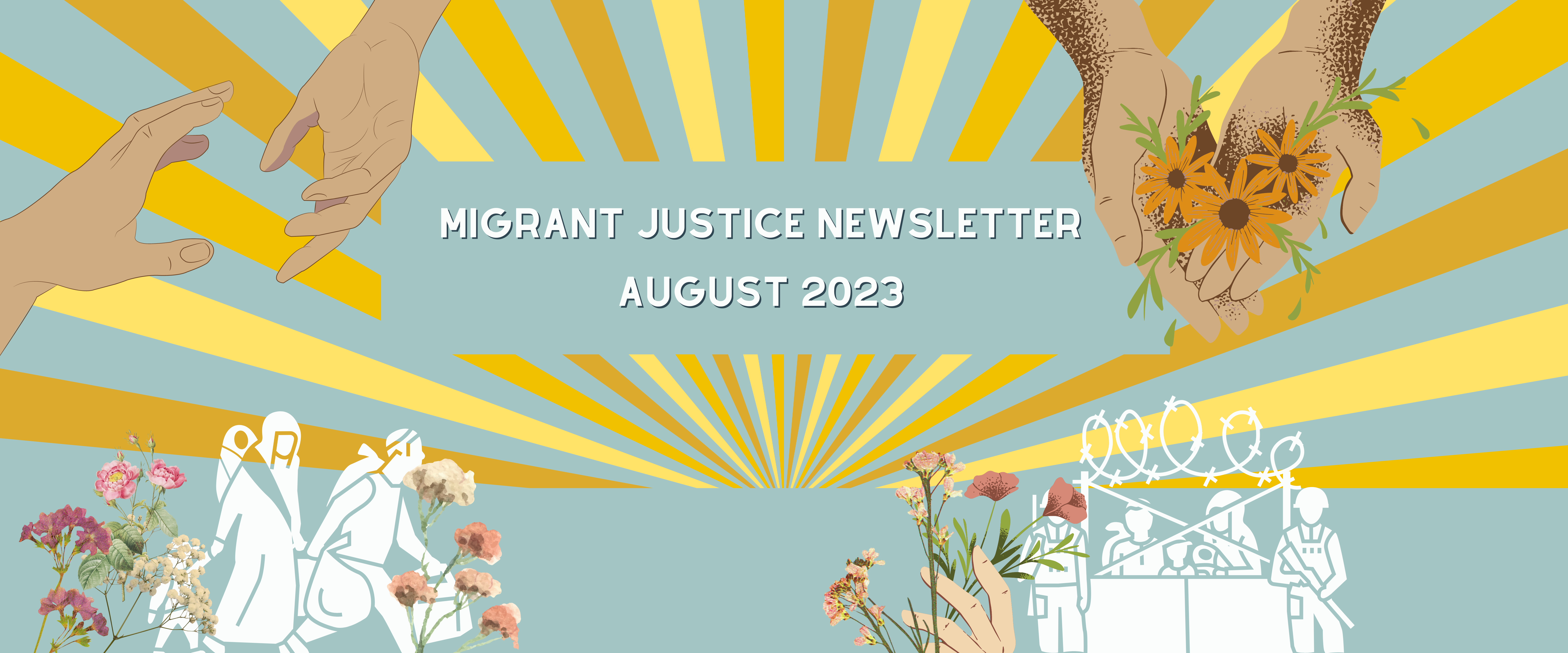The government of Colombia needs the full participation of members of REDSIPAZ (Red de Organizaciones Sindicales para la Defensa de lo Público y la Paz, or Trade Union Network for the Defense of Peace) to implement the Total Peace Plan that was announced by President Petro in August 2022. The Total Peace Plan is a multifaceted effort that seeks to minimize violence, protect civilians, and dismantle the many armed groups operating in Colombia. But members of REDSIPAZ have been facing attacks and difficult working conditions that are impeding their work to implement Colombia’s peace process.
One member of RESDIPAZ, the SINDHEP unión (Sindicato de Defensoras y Defensores de Derechos Humanos de la Defensoría del Pueblo) has been excluded from union contract negotiations by Carlos Ernesto Camargo Assis, the Defensor del Pueblo (Ombudsman for Human Rights).
The Memoria Viva union (Sindicato Nacional Memoria Viva de los Trabajadores de la Seguridad y Protección del Pueblo) has been at odds with its employer, the National Protection Unit (UNP, Unidad Nacional de Protección). Its members have repeatedly reported that many of the vehicles and means to protect them are not adequate, and when they malfunction, they are not replaced, which puts the lives of the protected persons and their escorts at risk.
We are urging that authorities in Colombia: (1) allow the participation of representatives of the Memoria Viva Union and other unions of REDSIPAZ as part of the teams developing public policies related to Total Peace, (2) ensure that all employees of UNP, including members of the Memoria Viva Union, are given the necessary resources, such as vehicles in good condition, to adequately ensure the safety of those who are in their care, and (3) instruct Ombudsman Carlos Camargo Assis to reinstate SINDHEP to the negotiation table.


